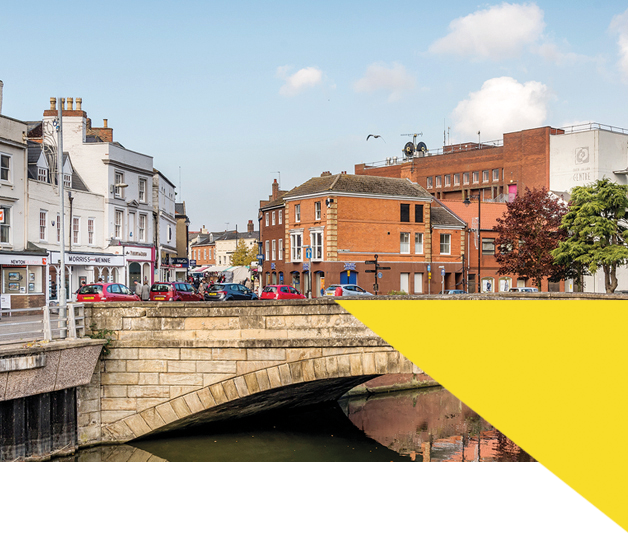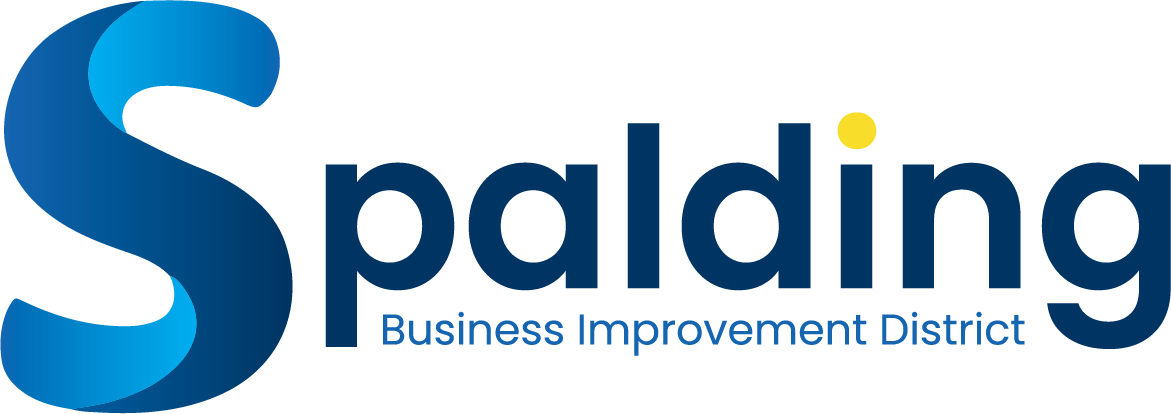
FAQ's on BIDs
Developed by Businesses, Run by Businesses, Funded by Businesses
-
WHAT IS A BID?
A BID is an arrangement whereby businesses come together and decide which improvements they feel could be made in their town centre, how they will implement these improvements and what it will cost them. BIDs are financed and controlled by the businesses within the selected area. BIDs deliver additional projects and services over and above those already provided by public bodies.
-
WHY DO BUSINESSES SUPPORT BIDS?
A BID is a mechanism which allows businesses to raise a sum of money to manage and deliver projects that they have identified and believe will improve their trading environment, ultimately increasing trade for those businesses who are paying for the improvements. These projects also can help attract and retain staff and reduce business costs.
-
HOW IS THE BID FUNDED?
Once the projects and services have been agreed by businesses, along with how they are going to be delivered and managed, they are costed and set out in a detailed business plan. The cost to each business is worked out on a pro rata basis. This is called the ‘BID LEVY’. This investment is ring-fenced and can only be spent within the BID area on the projects detailed in the business plan. The BID Levy is normally calculated and is usually between 1%-2% of your premises rateable value. It is important to note that the levy has nothing to do with normal business rates which pass straight to the government.
-
HOW DOES SPALDING BECOME A BID?
The Spalding Business Board is responsible for putting together a business plan setting out the projects it aims to deliver on behalf of the businesses in the BID area. This is based on a consultation process with businesses. The business plan will include the projects, cost, delivery guarantees, performance indicators and the management structure. A independent confidential postal vote is held with all the businesses that would pay the BID levy getting a vote. To become a BID a majority of those that vote must be in favour by number and rateable value. A successful BID then has a mandate for a maximum of 5 years after which the BID would need to seek a re-ballot. Please note that if the ballot is approved, all eligible businesses within the BID area would pay, whether they voted yes, no or not at all in the ballot.
-
HOW IS A BID MONITORED?
Like any good business plan, specific key performance indicators (KPIs) are set, and performance is monitored against the KPIs by the BID board. The BID Company is answerable to the businesses that pay the BID levy and will be required to monitor and inform its members on its progress towards the agreed KPIs.
-
DOES THIS MEAN THE LOCAL AUTHORITY WILL STOP DELIVERING SERVICES?
No. BID money can only be used to carry out projects/services which are ADDITIONAL to those that the public agencies are required to provide. Prior to the BID business plan being produced, the current services being delivered by all public agencies including the Local Authority and Police are set out in Baseline Statements. The BID company can agree to provide additional resources to deliver a higher level of service over and above the benchmarked level if this is what businesses have identified they want.
Join our mailing list
Contact
For more information email us on:
hello@spaldingbid.co.uk

